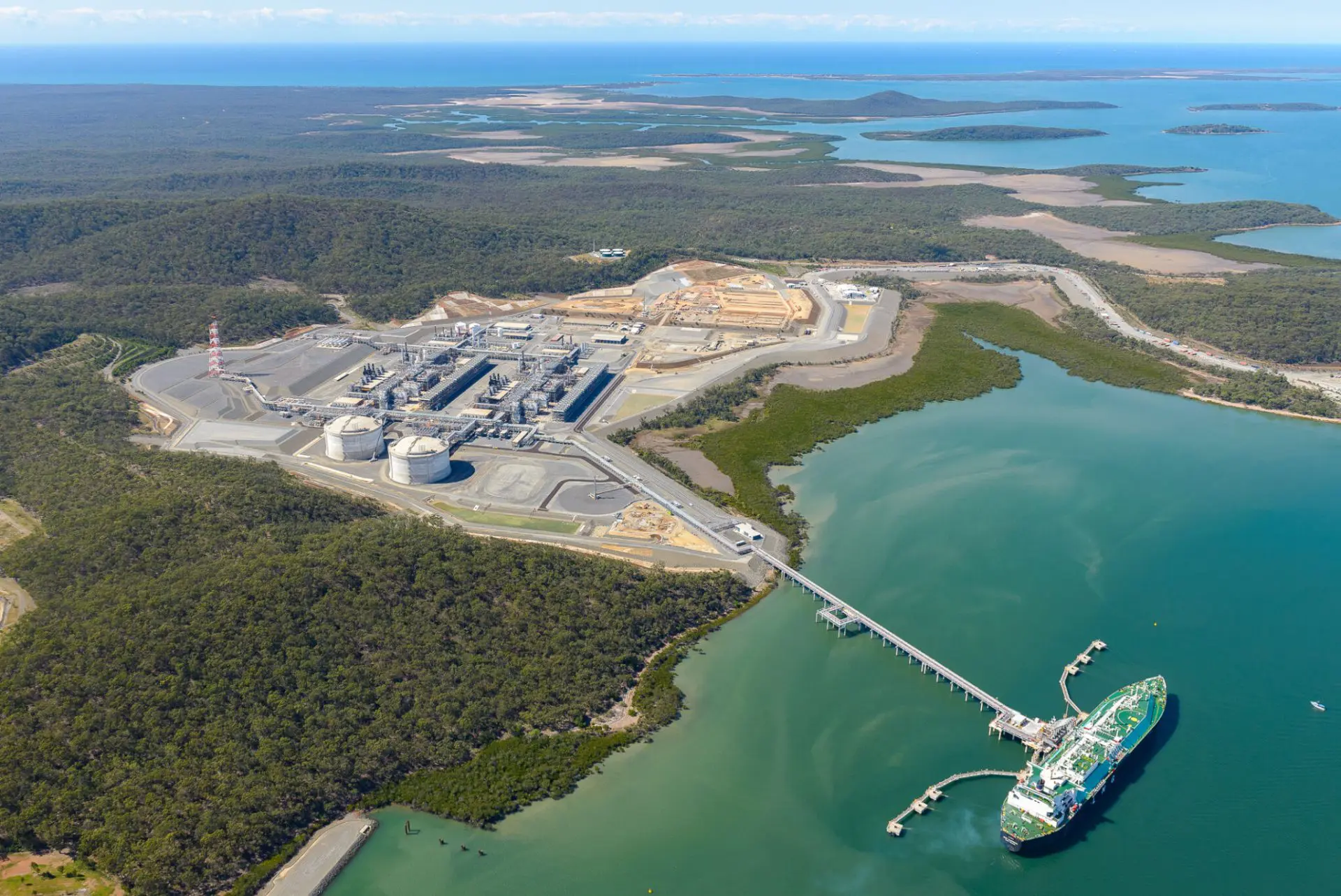In a noteworthy development in the energy sector, Santos Limited, an Australian oil and gas exploration and production company, has received a significant non-binding offer from the XRG consortium. This consortium is an alliance that comprises the Abu Dhabi Development Holding Company (ADQ) and the New York-based investment firm Carlyle Group. The proposal was made public earlier this month and indicates the consortium’s intention to acquire all outstanding shares of Santos at a cash price of AU.76 per share, invoked through a process known as a scheme of arrangement.
On June 27, 2023, Santos confirmed it had entered into an exclusivity agreement with the XRG consortium. The exclusivity deed delineates the framework under which the consortium will have the chance to conduct comprehensive due diligence on Santos. This agreement not only allows for a thorough examination of the company’s assets and operations but also establishes a platform for both parties to negotiate in good faith a binding Scheme Implementation Deed (SID) that would facilitate the proposed acquisition.
The granted period for exclusive due diligence assessment spans six weeks, commencing from the date of the agreement. During this timeframe, standard provisions such as “no shop,” “no talk,” and “no due diligence” obligations will be in effect. These conditions are common in acquisition processes to prevent the target company from engaging with alternative competitors while negotiations and evaluations are underway. However, in a noteworthy aspect of the agreement, a fiduciary exception is instituted. This exception permits the Santos board to entertain potentially superior offers from other parties after four weeks have elapsed since the commencement of the exclusivity period.
The due diligence process entails significant scrutiny as potential buyers assess Santos’s operational efficiencies, financial health, reserve valuations, and market positioning. However, it is critical to highlight that Santos has warned that there is no guarantee the XRG consortium will proceed toward a binding SID, nor is there certainty regarding the completion of the proposed transaction.
This potential acquisition unfolds against a backdrop of heightened interest in consolidation within the energy sector, which has been characteristic in recent years. Last year, Santos attempted a merger with Woodside, another prominent player in the Australian energy landscape, yet those negotiations concluded without agreement. A merger of that scale would have resulted in a formidable energy entity, further consolidating operations in both oil and liquefied natural gas (LNG).
Santos has previously made strides in its growth trajectory through strategic mergers and acquisitions. Notably, in 2021, the company completed its merger with Oil Search, a firm primarily focused on the resource-rich Papua New Guinea, bolstering its stake in the PNG LNG project. This merger was viewed as a pivotal move, enhancing Santos’s operational capacity and expanding its asset base.
As part of its ongoing operational portfolio, Santos actively manages the Gladstone LNG plant and the Darwin LNG plant, both of which represent crucial infrastructure in the production and export of LNG. Additionally, the Barossa gas project, which is anticipated to be a key contributor to the feed gas supply for the Darwin LNG facility, is nearing completion. The project is on schedule for its first production phase, set to occur in the third quarter of 2025, which is significant as it will bolster Santos’s output capabilities.
In conclusion, while the prospect of the XRG consortium’s acquisition of Santos introduces a potential milestone for both parties involved, it is reflective of broader trends within the energy market. The dynamics of mergers, acquisitions, and fiscal evaluations in the sector will likely continue to evolve, offering both challenges and opportunities as companies align their strategies in an increasingly competitive landscape. The unfolding of Santos’s negotiations with XRG will be closely watched, not just for its immediate impacts but also for its potential ramifications on the future of energy production and investments in Australia and beyond.
Tags: #BusinessNews #EconomyNews #UAE #Saudi

